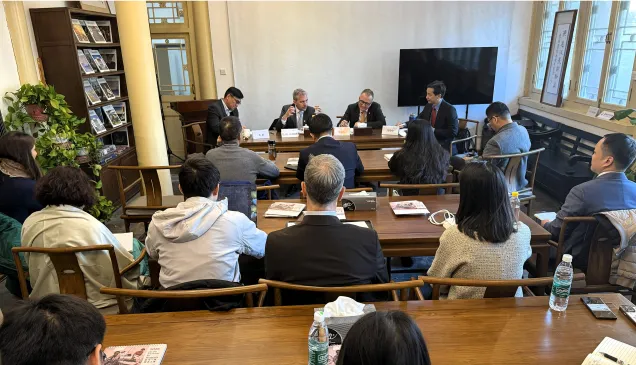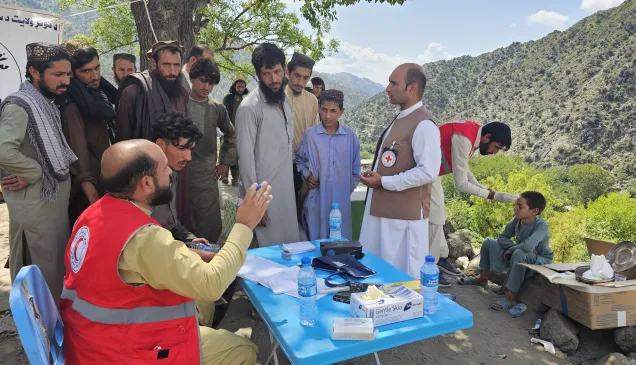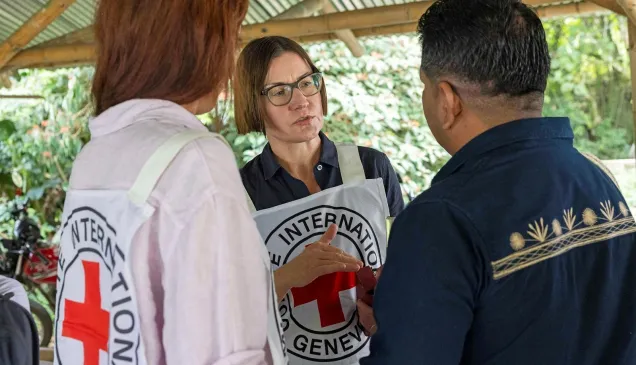Migration: The desperate search for a brighter tomorrow
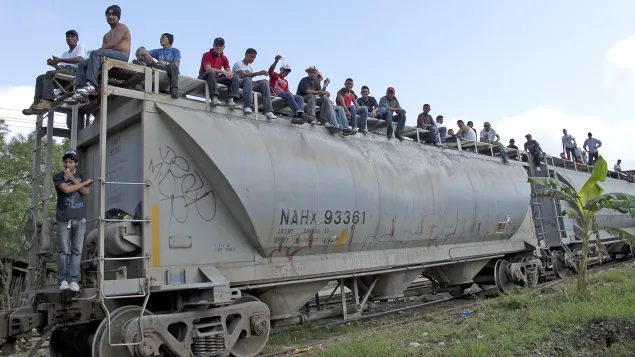
Hundreds of thousands of migrants from Central America risk their lives every year in search of a better life in the United States. Some reach their goal, but others fall off trains and lose their limbs.
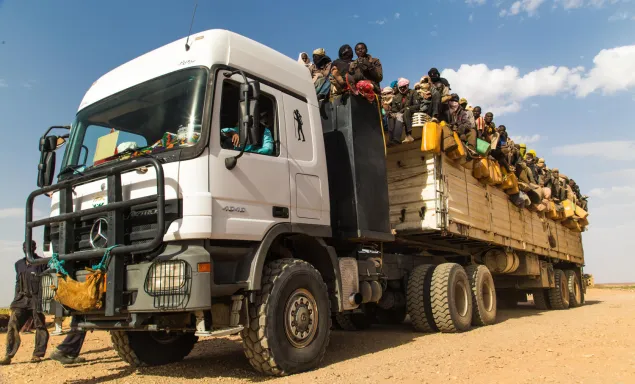
Agadez, Niger, 29 March 2014. 300 migrants travel packed onto one truck.
Each year, thousands of migrants pass through Niger, travelling up to a thousand kilometres across the desert in cramped lorries and sweltering heat.
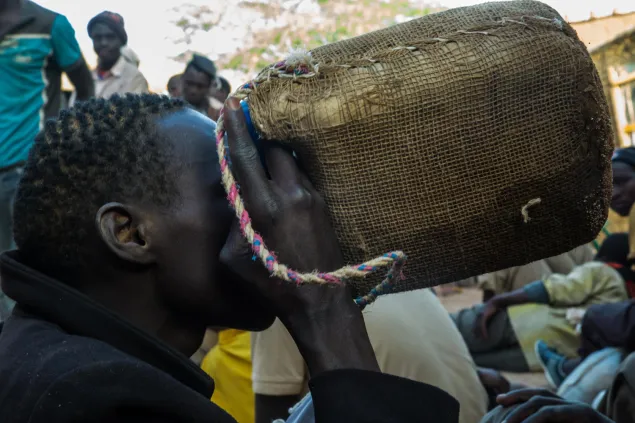
Agadez, Niger, 29 March 2014. Migrants crossing northern Niger are in dire need of assistance and protection.
They cross regions where conflict and other forms of violence are rife and deal with situations that can seriously affect their physical and mental health.
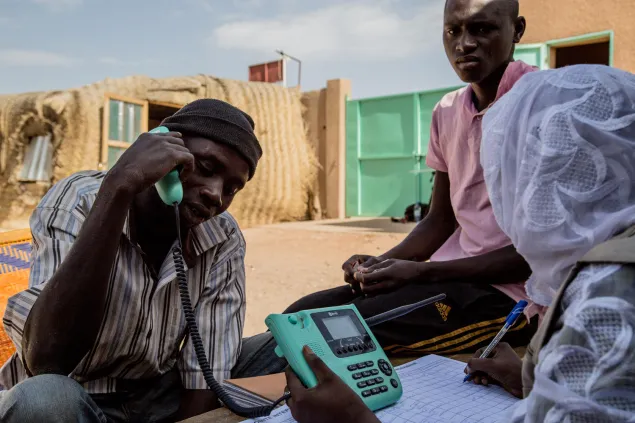
Agadez, Niger, 31 March 2014. A volunteer from the Niger Red Cross helps a migrant contact his family via a free phone call.
Families of migrants can be left in very vulnerable situations when they have no news of their loved ones.
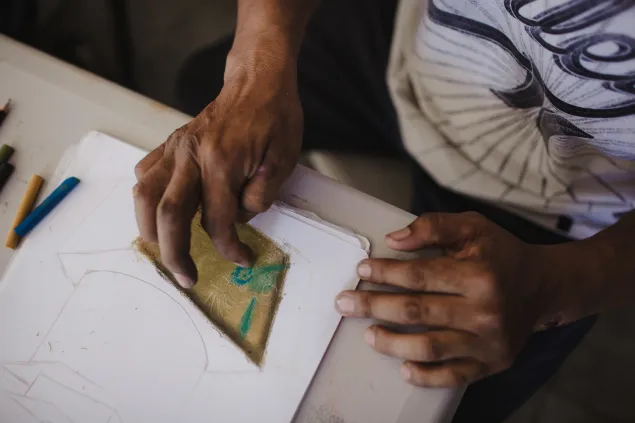
Tijuana, Mexico. September 2014. Migrants can receive warm meals, maintain their personal hygiene and participate in art workshops and other creative activities.
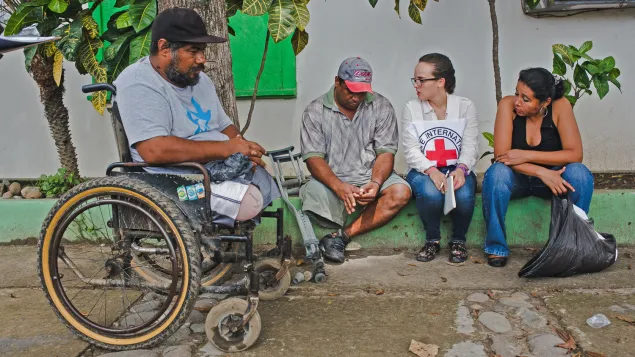
Chiapas, Mexico. September 2014. The ICRC provides amputee migrants in south-east Mexico with artificial limbs, wheelchairs and other aids.
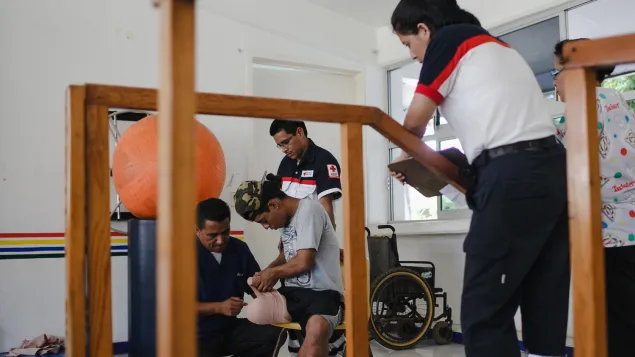
Chiapas, Mexico. September 2014. In addition to providing artificial limbs, the ICRC offers injured migrants physical therapy, in close coordination with the Mexican Red Cross and government institutions.
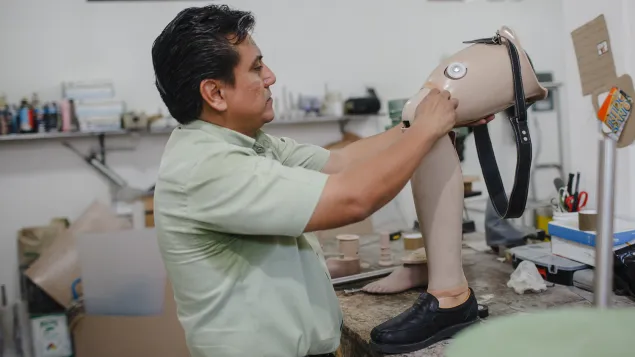
Tapachula, Chiapas, Mexico. September 2014. Each artificial limb is made to measure, using materials provided by the ICRC.
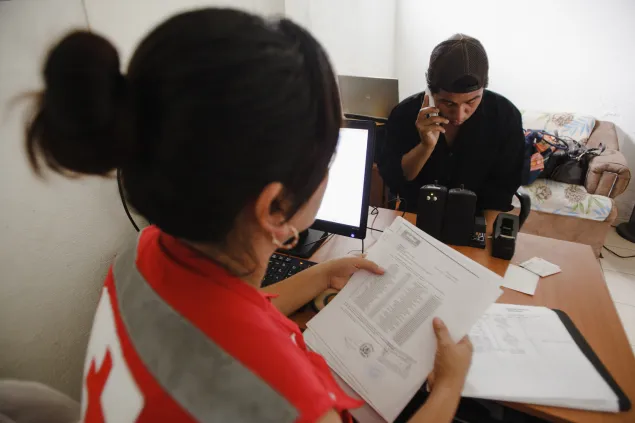
Assistance Unit, El Carmen, Guatemala. September 2014. A migrant who is on his way home makes a free phone call to his family.
Like other units in Honduras and Mexico, this one also provides medical care. The units are operated in close cooperation with the Red Cross Societies of each country.
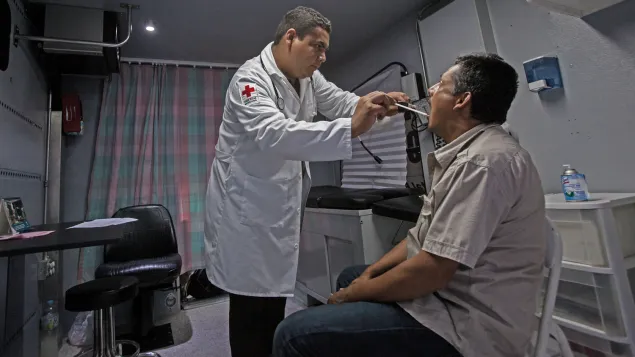
Tijuana, Mexico. September 2014. Mexican Red Cross volunteers provide medical care for migrants at a mobile health clinic.
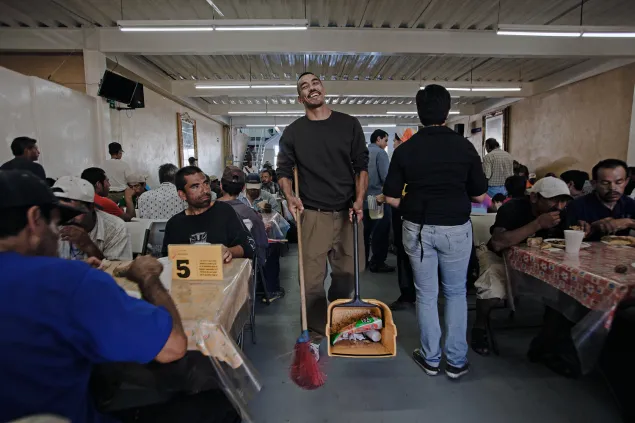
Tijuana, Mexico, September 2014. Gonzalo de Jesús Placencia is a volunteer at "El buen pastor" (the Good Shepherd), an ICRC-supported shelter in Tijuana.
Gonzalo himself is on the way home from California and is trying to save the money he needs for the journey.
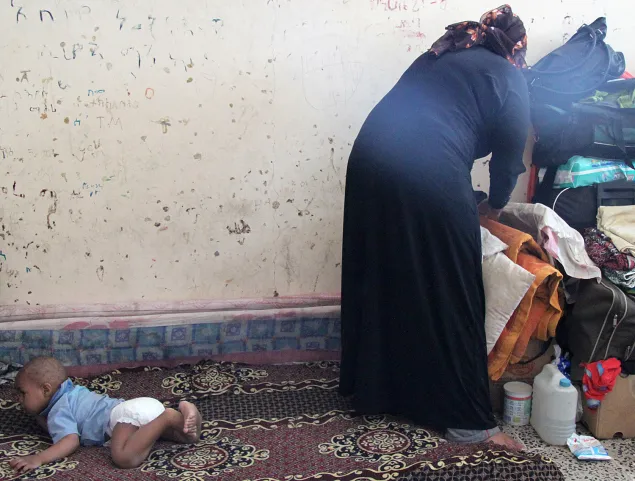
Passport Agency, Sana'a, Yemen. An Ethiopian woman and her baby await repatriation.
Every day, around the world, hundreds of people embark on perilous journeys. Fleeing conflict, persecution or poverty in their countries, they risk their lives in search of a brighter tomorrow.
For many, the journey turns into an ordeal. Some reach their destinations, others disappear without a trace. They may have to cross regions where conflict and other forms of violence are rife and deal with situations that seriously affect their physical and mental health. The International Committee of the Red Cross, along with the National Societies, is helping the most vulnerable migrants.

